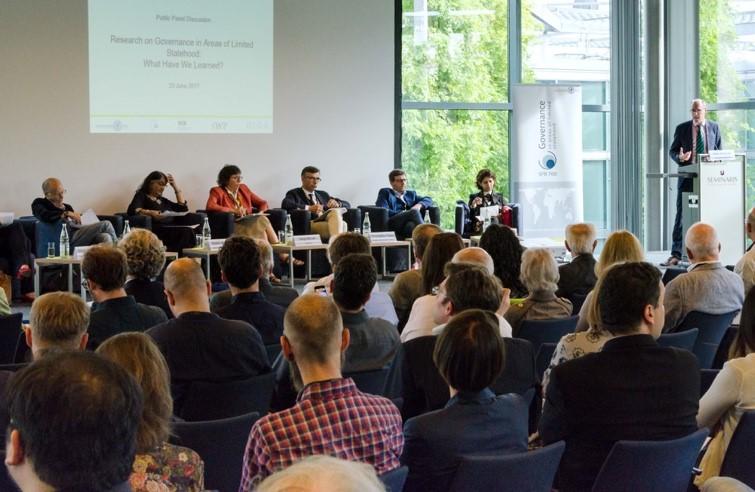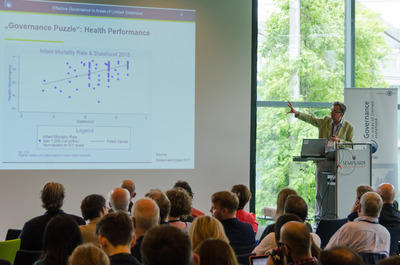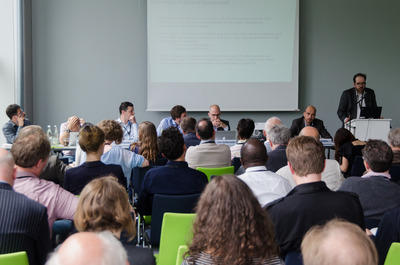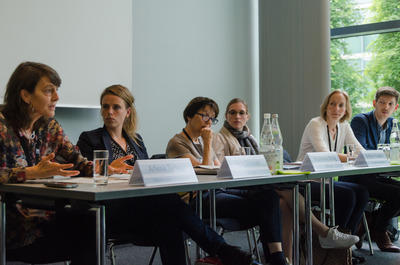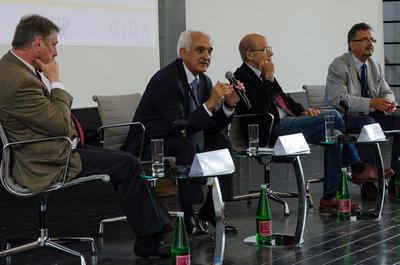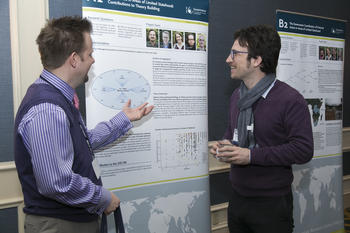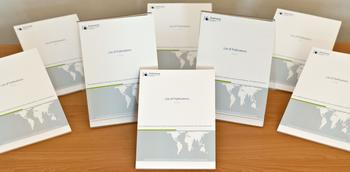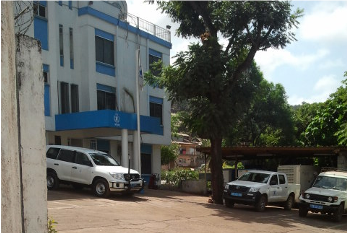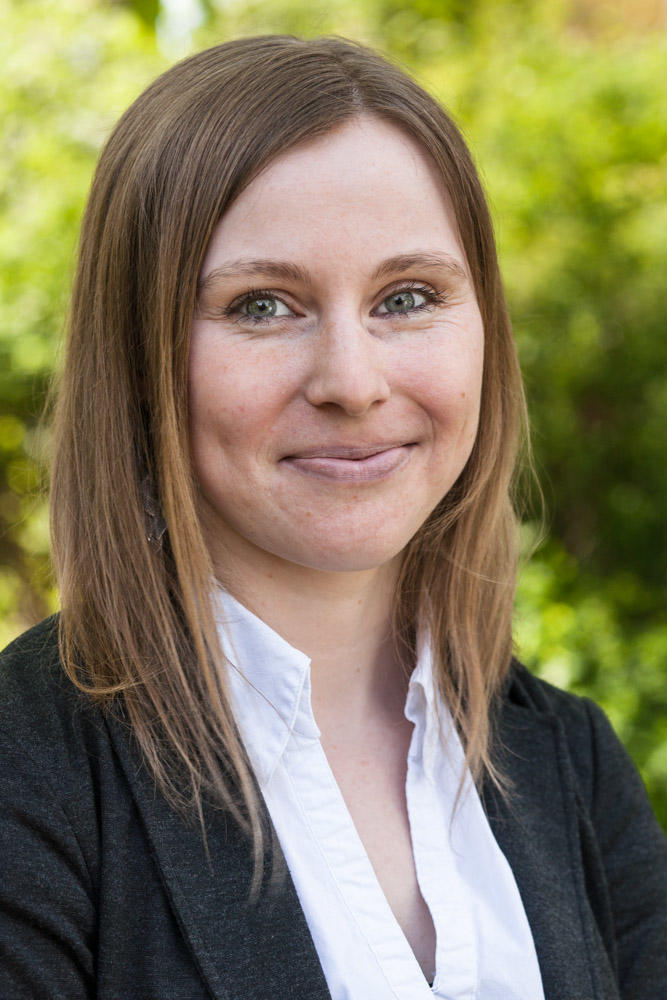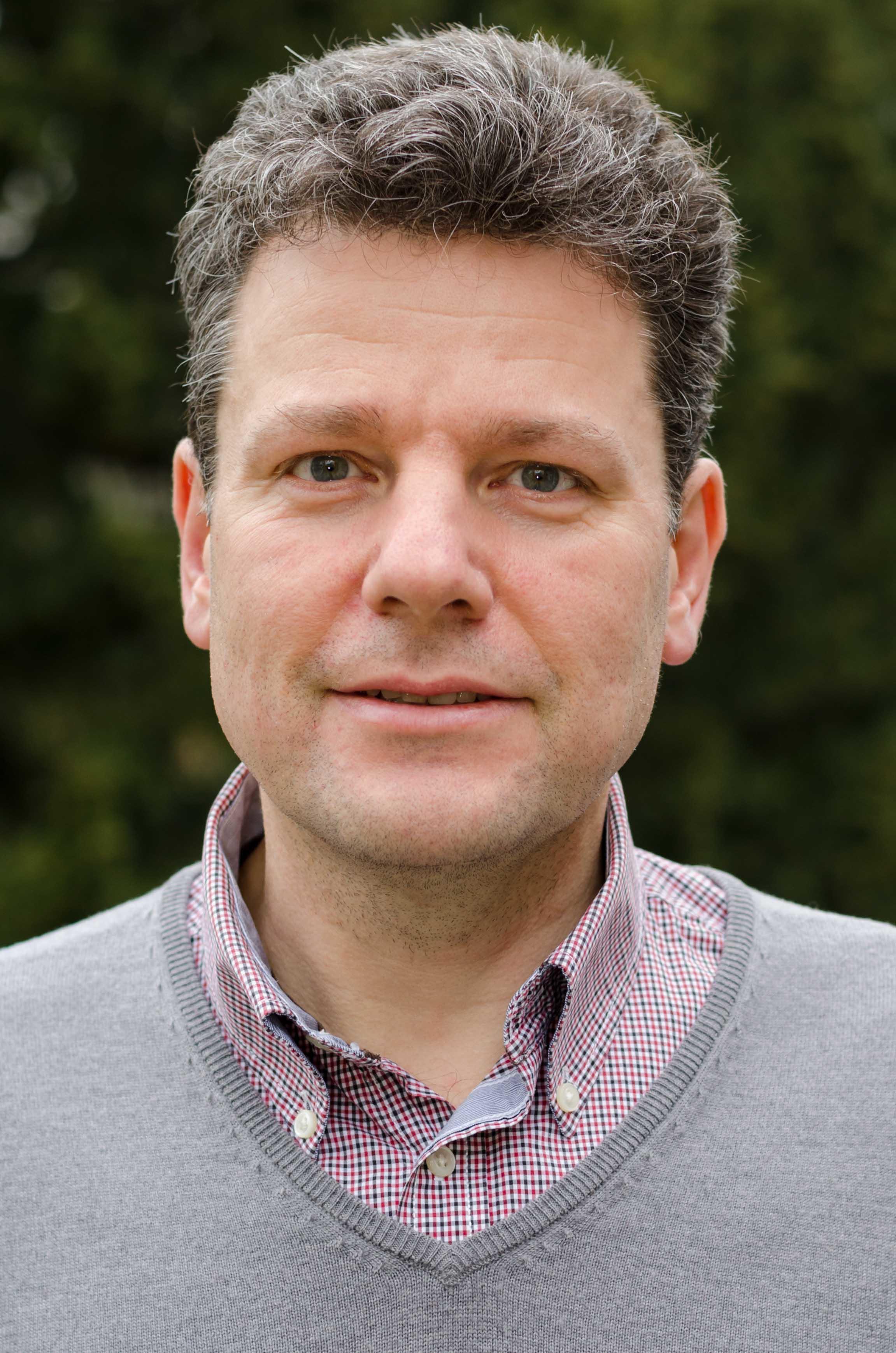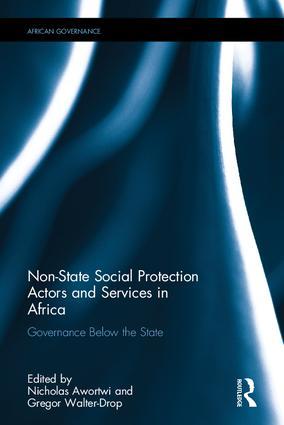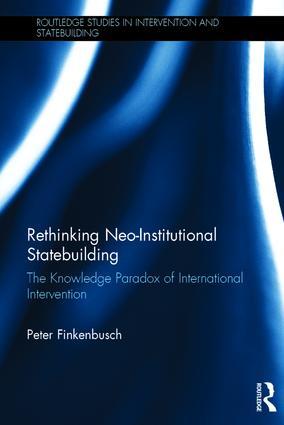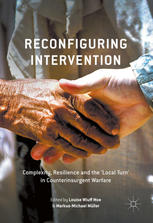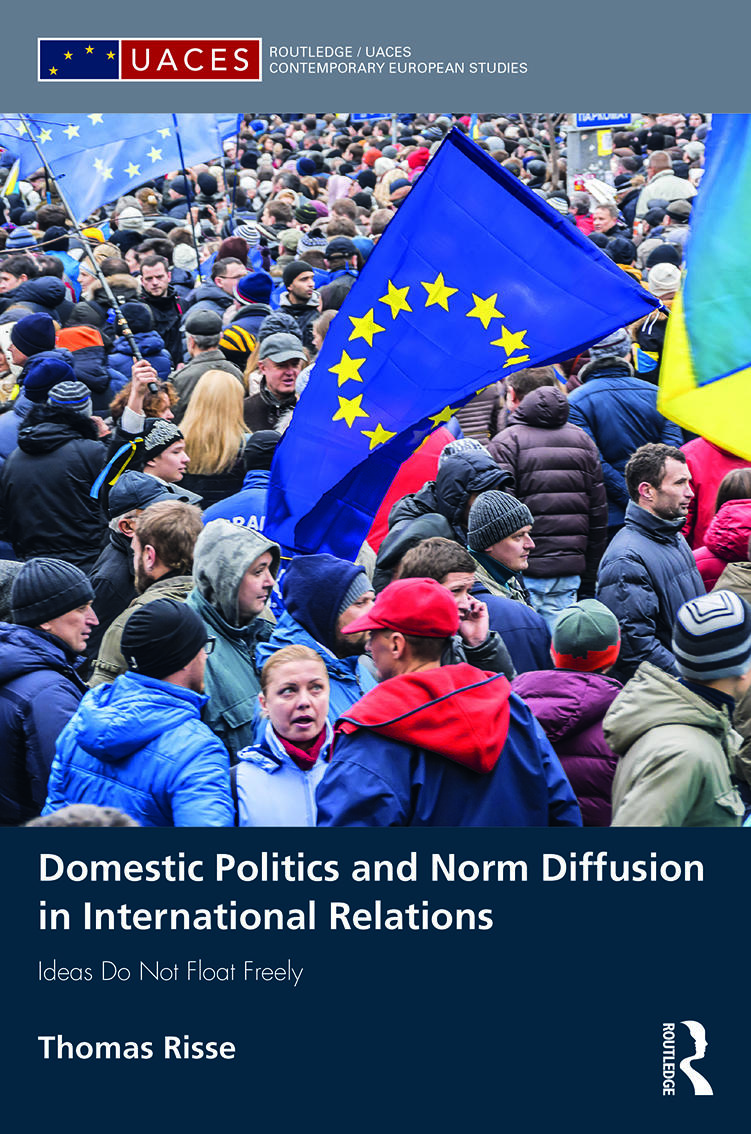As part of the SFB 700’s T3 project, the fundamental results of the SFB’s research from all three funding periods were evaluated for policy implications and prepared for the German foreign policy community.
This effort creates a point of exchange between academia and the practice of politics. The German Foreign Office (das Auswärtige Amt) is a central partner in this knowledge transfer. A foundational component of this collaboration between the SFB and the Foreign Office are the so-called scholars in residence.
The time from 1 June to 31 December 2016 I spent as a scholar in residence in the Foreign Office. Scholars in residence are members of the SFB 700 that the group dispatches to the Foreign Office for approximately six months to work on key topics, chosen collaboratively. During this dispatch period, the scholar works with a core team of three research associates of the SFB 700. Within the Foreign Office, this team was joined to Department S01 (Crisis prevention, stabilization, conflict prevention, and humanitarian aid).
Following the first two focus areas in the fields of knowledge transfer, promotion of the constitutional state, and reform of the security sector, the topic of stabilization was added as the third topic. The selection of this topic can be explained by the increasing importance of the concept of stabilization in international politics. Many Western states - e.g. the United States, the UK, the Netherlands, and Canada - have defined stabilization as the central objective in their engagement in fragile and conflict-ridden states.
When I began my work at the Foreign Office in June 2016, a working definition of stabilization had already emerged from the Foreign Office and from the Ministry for Economic Cooperation (BMZ). This working definition described stabilization as measures taken to support political processes that lead to the minimization of violence or to the creation of a safe environment and/or improved living conditions. Given that this definition did not yet contain any concrete instructions, which officials could have used in their work - for example, in planning stabilization measures in a country in crisis - the operationalization of the stabilization term quickly became the goal of my time there. The particular structure of the T3 project allowed me to accompany work processes within the bureaucracy of the Foreign Office intensively and to adapt my knowledge contribution to the specific needs of a given level of work.
In the early stages in July 2015, we tested the stabilization approach developed in project C9 of the SFB 700 in a workshop organized collaboratively with the Foreign Office. In this workshop, it became clear that the applied approach no longer fully corresponded to the definition developed by the Foreign Office and the Ministry of Economic Cooperation and thus required some adaptation. After the summer break, we held many conversations with different Foreign Office officials to determine an appropriate adjustment of the definition.
Alongside renewed discussion with the Foreign Office, I conducted research of the literature on the topic of stabilization, consulted with SFB 700 staff, and met with colleagues from national and international institutions with relevant expertise. The stabilization approach, so adapted, builds on the original C9-model and takes it one step further. The scholarly insights into the effect of stabilization measures were processed in such a way as to require a structured analysis of conflict and fragility on the practical level, in order to account more carefully for the contextual conditions of external engagement.
Our goal was to test our updated, operationalization approach in concrete plans for engagement in specific countries in crisis. With the support of David Remmert and Bianca Süßenbach (also from T3), we were able to receive permission from two officials for this experiment. The operationalization approach to result from this country-planning is currently being incorporated at the institutional level as an interactive online tool and will thus become part of long-term application. This online tool, internally known as “Vademecum”, will provide Foreign Office officials with directions for conducting analyses and evaluations, for developing strategies, and much more.
In addition to the operationalization of the stabilization concept, the SFB contributes further input to the topics of action planning (impact assessment) and impact evaluation. These modules have also been incorporated into Vademecum and may thus also be seen as the continued transfer of insights from the SFB to the political arena.
These results illustrate the significance and enormous potential of this particular form of knowledge transfer between academia and politics.


